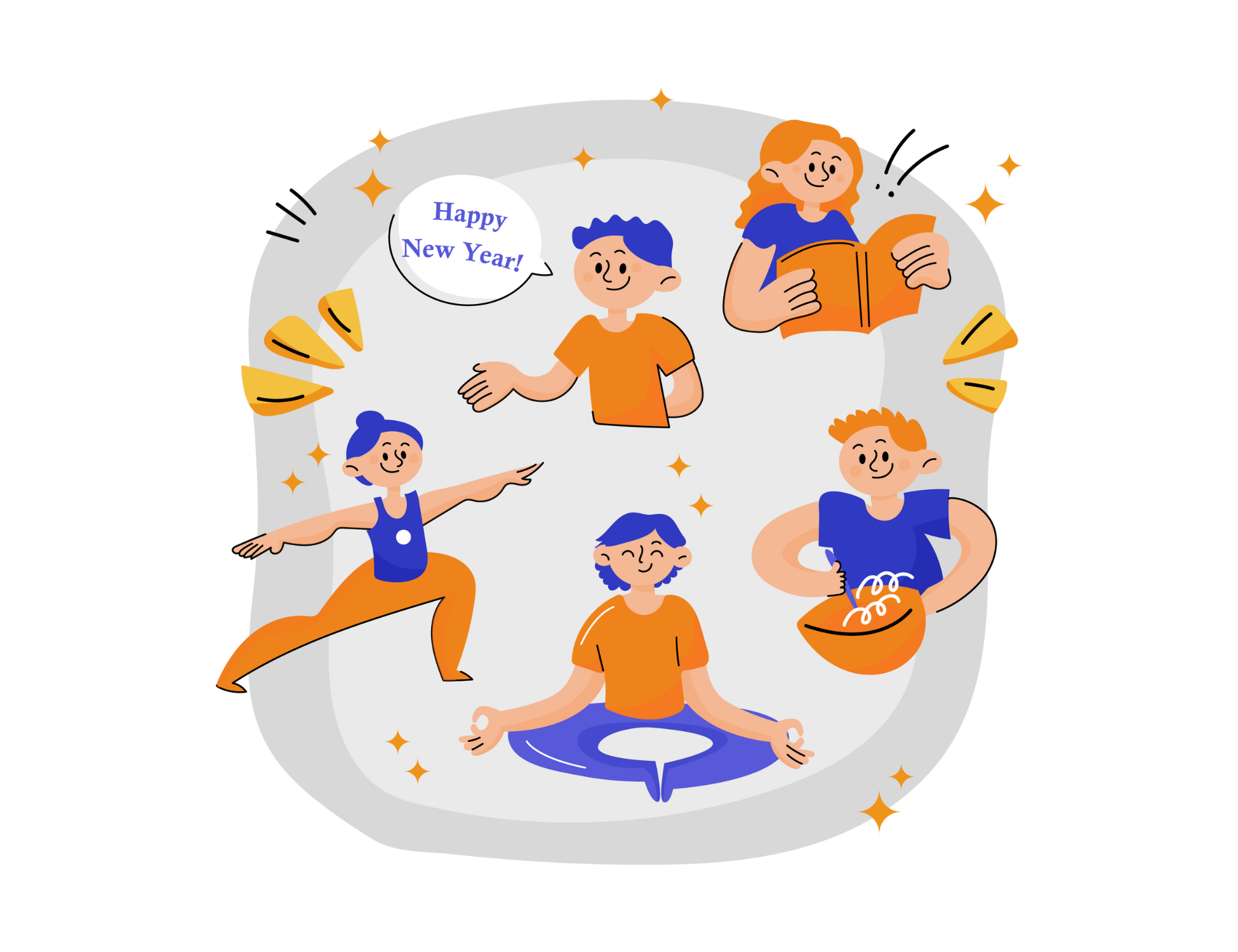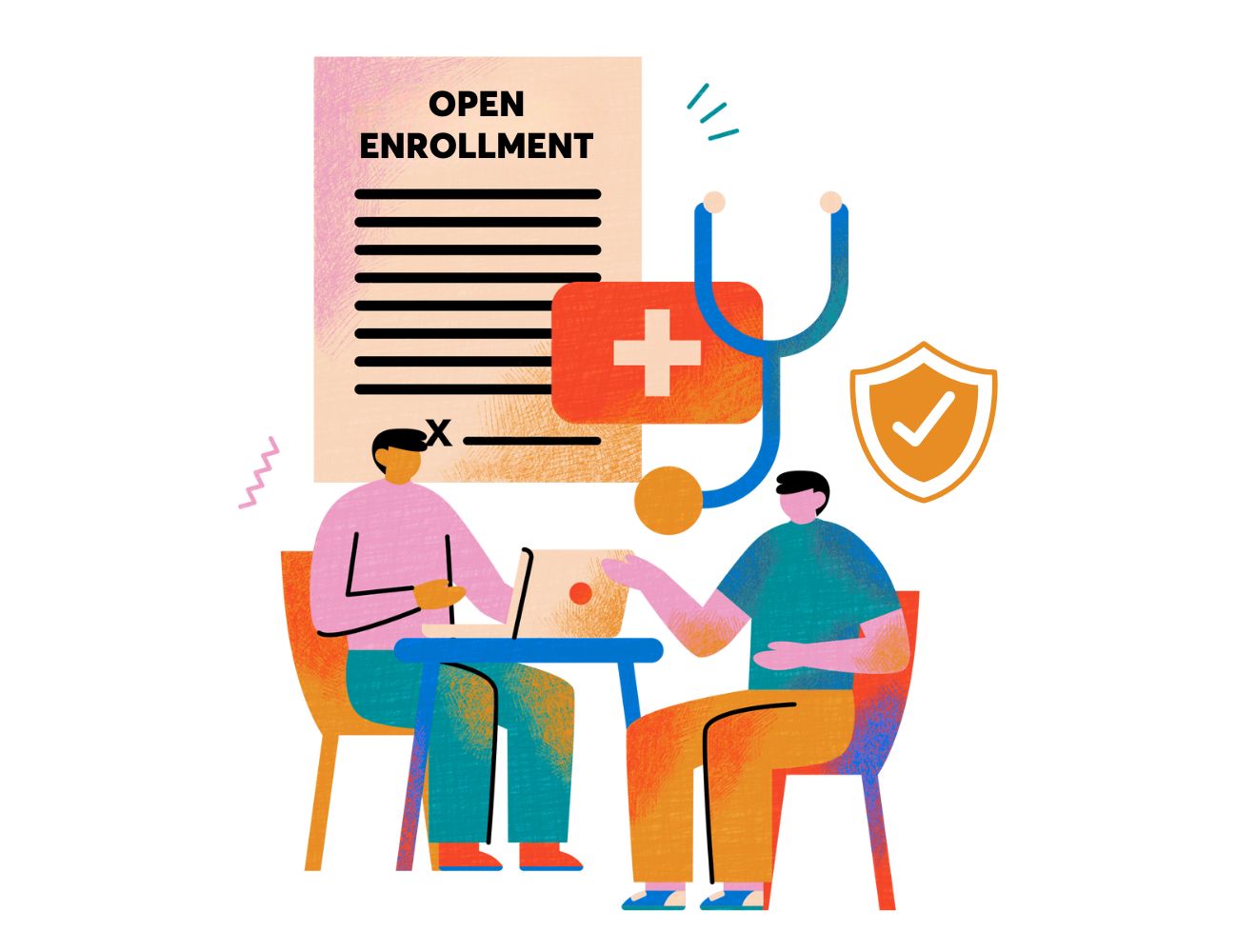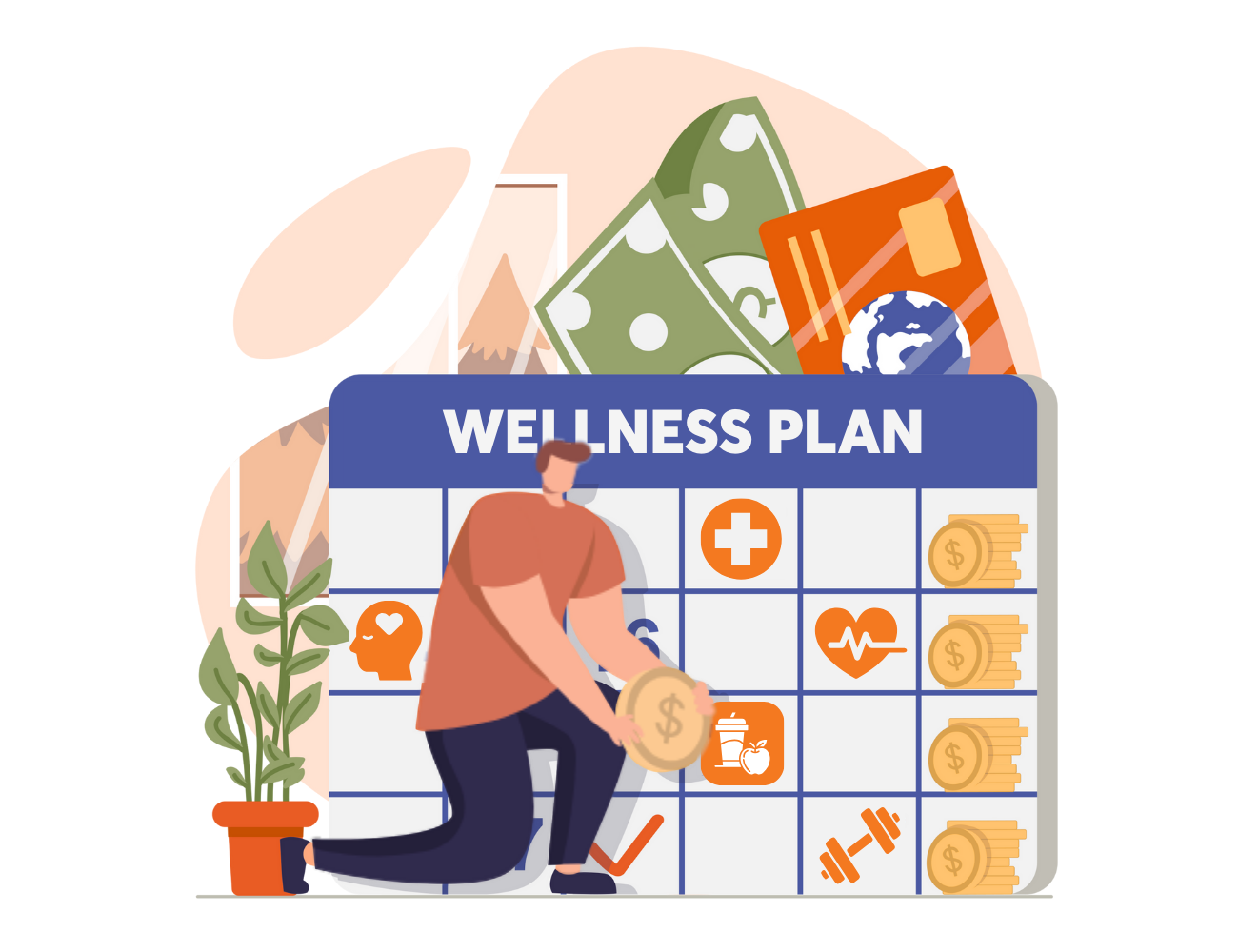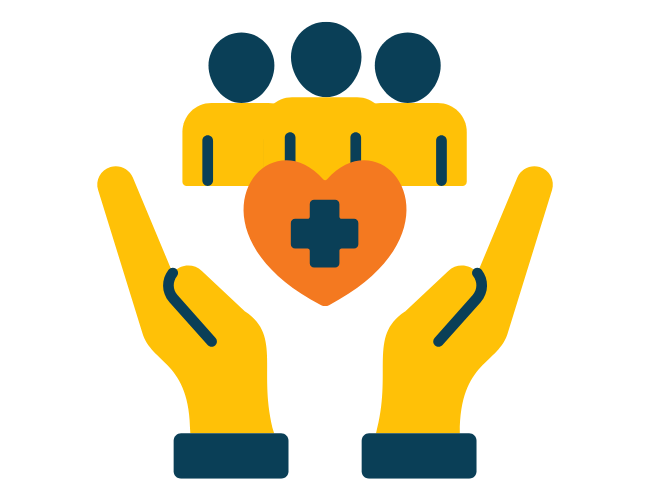Pain is cited as the most common reason Americans access the health care system. It is a leading cause of disability, and it is a major contributor to health care costs. Health economists from Johns Hopkins University published research in The Journal of Pain suggesting chronic pain alone costs the United States as much as $635 billion a year, which is more than the yearly costs for cancer, heart disease, and diabetes. If that is not enough to get employers attention, the impact of employees working in pain results in lower productivity and often leads to unnecessary turnover. This is all happening at a time when chronic pain conditions and narcotic addiction are on the rise.
Fortunately, a small study published in The Journal of Neuroscience provides evidence and a reminder that the body’s own ability to manage pain can be improved without a prescription. The remedy? Sleep. For veteran insomniacs, the research probably does not come as much of a surprise. They have long known that the two (sleep and pain) are closely linked, one often fueling another. Specifically, the study exposed a potential reason for why lack of quality sleep may amplify the pain an individual feels, moving scientists closer to bolstering the case for employers to care about employee sleep habits.
The researchers found that a single night of sleep deprivation reduced a person’s pain threshold by more than 15% and left a clear signature in the brain’s pain-management centers. This was to be expected as other studies have produced similar findings, linking sleep deprivation to lower pain thresholds. The new finding was captured through brain imaging. While activity spiked in pain perception regions when participants were sleep deprived, activity also dropped significantly in areas of the brain that help manage or reduce pain.
So you have two things happening at once here. There’s ramped up sensation to pain, and a loss of natural analgesic reaction. The fact that both of them happen was surprising.
– Dr. Matthew Walker, Director of the Center for Human Sleep Science at U.C. Berkeley
The researchers also determined that small deviations in the average amount of sleep from one day to another predicted the level of overall pain felt the next day.
The benefits of quality sleep go beyond pain management, but given the trajectory of the problem, human resource teams should certainly consider this benefit when building the case for a holistic wellness program that includes sleep. A great place to start is educating employees on the basics: the benefits of sleep, how to tell if they are sleep deprived, and basic sleep hygiene principles.












